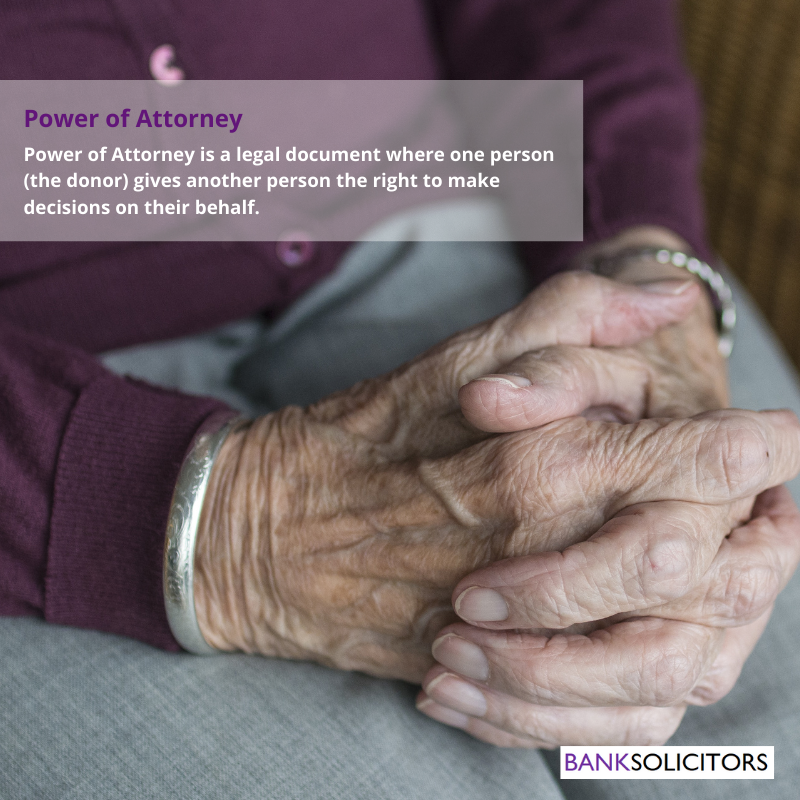Power of Attorney
If you want someone to act on your behalf in financial or medical decisions, you'll need to give them Power of Attorney over your affairs.
You can only set up a Power of Attorney while you still have the ability to weigh up information and make decisions for yourself, known as 'mental capacity' - so it's worth putting one in place early on.
Lasting Power of Attorney (LPA)
Lasting Power of Attorney is the most common form of Power of Attorney. It is an ongoing arrangement with no expiry date that will allow another person to make decisions on your behalf.
Once the document is registered, it can be used immediately, with your permission while you still have capacity, or it can take effect from when you lose mental capacity.
An LPA has to be registered with the government, through the Office of the Public Guardian.
Types of Lasting Power of Attorney
There are two types of Lasting Power of Attorney.
We would recommend setting both up at the same time. Many people do this while reviewing or revising their will.
Property and financial affairs LPA
This gives your attorney the power to make decisions about your money and property, including:
managing bank or building society accounts.
paying bills.
collecting a pension or benefits.
if necessary, selling your home.
Once registered with the Office of the Public Guardian, it can be used immediately, or held in readiness until you lose capacity.
Health and welfare LPA
This gives your attorney the power to make decisions about:
your daily routine (washing, dressing, eating).
medical care.
moving into a care home.
life-sustaining medical treatment.
It can only be used once you are unable to make your own decisions, though you will need to agree to it while you still have capacity. #powerofattorney

